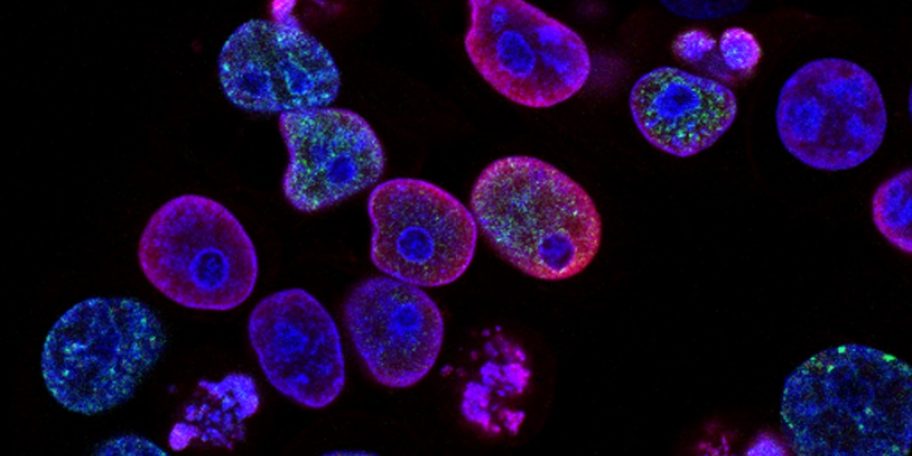Allergy FAQ
- Does having allergies means you have a weak immune system? Answer
- Can people “outgrow” their allergies? Answer
- Can you develop allergies at any age? Answer
- If I am allergic what are the chances that I will have an allergic child? Answer
- Why are more people suffering from allergies now? Answer
Allergy Quiz Answers
- NO! While some people think their allergies represent a “weak immune system,” that is usually not the case. In fact, most allergies are an overzealous immune response to an otherwise innocuous agent such as pollen, pets or dust mites (see allergens). If symptoms are compatible with allergies, then allergy testing is often warranted. Depending on the nature of the reaction, this testing may be done quite quickly in the office in a single visit. Sometimes, additional laboratory (blood) testing is necessary.
- There is no simple answer to this question. For food allergies, there are some that often disappear after childhood (eggs, dairy) and others that tend to be severe and lifelong (peanut and other nuts). The safest way to determine if you still have a food allergy is by consultation with an allergy specialist. Sensitivity to airborne allergens (pollens, pets, etc) gradually diminish as people get older. Hayfever symptoms are usually much better by the time a person reaches the sixth decade (50’s). Asthma, however, is only partially due to allergies and often will persist even when other allergies improve.
- Most people develop allergies at a young age and then outgrow them over time. However some people become allergic well into adulthood. The NY Times recently published an item about this. Only 3 in 1,000 persons over age 65 develop allergic rhinitis. More commonly, the elderly may develop a number of changes in the lining of the nose that leads to a constant runny nose or nasal congestion. This is not an allergy in the classical sense in that the immune system is not involved. Allergy testing will help determine whether an allergic cause exists.
- Many types of allergies are inherited including drug allergies, food allergies, eczema and asthma. Still there is much that we don’t know about the genetics of allergic disease. The findings in a recent study of 11,688 Danish twin pairs concluded that 73% of asthma susceptibility was genetic but that a substantial part of the variation was the result of environmental factors. If both parents is allergic the likelihood of having an allergic child is up to 70%. If only the father is allergic there is perhaps a 30% likelihood that the child will have allergies while there is a slightly higher risk if the mother is allergic. The reason a woman is more likely to pass on the allergy may relate to certain factors passed from mother to fetus through the umbilical cord such as cigarette smoke or perhaps allergens. As a result, many doctors advise that pregnant women avoid highly allergenic foods such as peanuts.
- Allergies are on the rise and there are many explanations, some known and others theoretical. It is known that as the overall planet temperature warms due to global warming that plants flourish due to higher levels of carbon dioxide. Weeds such as ragweed, a very potent fall pollen, already produce twice as much pollen as they did a century ago. This is projected to only get worse. Another explanation could be the hygiene theory which holds that living in a more sterile environment with fewer bacterial infections and strong antibiotics diminishes the drive to a strong protective immune response. Without the stimulation of occasional infections needed to prime the defensive arm of the immune system, there is a tilt towards the allergic side.

